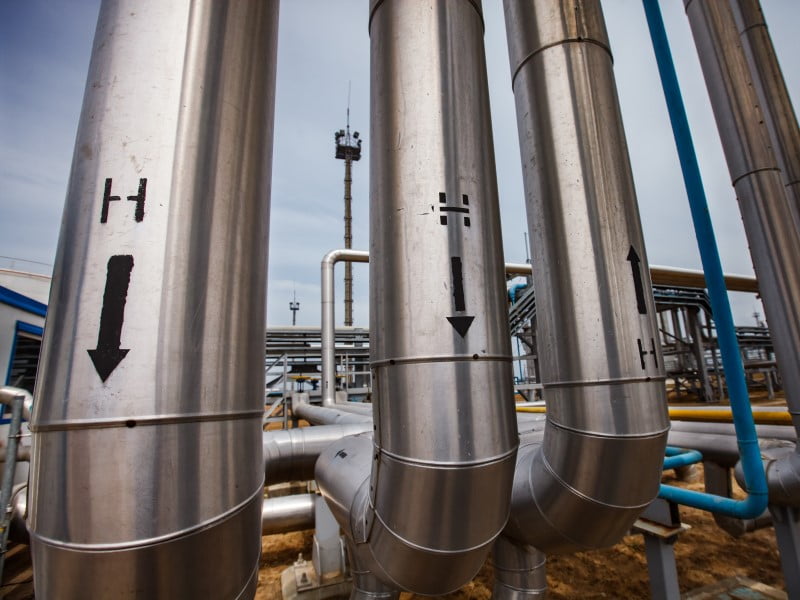Hydrogen pipelines in Queensland will be regulated in the same way as fossil fuel gases after new legislative amendments were passed by the state Parliament, paving the way for new distribution networks and the repurposing of existing infrastructure.
The Gas Supply and Other Legislation (Hydrogen Industry Development) Amendment Bill 2023 passed on Monday, creating a regulatory assessment pathway for pipelines for hydrogen and hydrogen carriers. It also enables the transport of hydrogen blended with natural gas.
Existing safety frameworks for pipelines will now apply, including the requirement to develop safety management systems.

A dedicated hydrogen act was also passed in South Australia last month to streamline the process of receiving regulatory approval for new projects across its entire life cycle.
The federal government commissioned National Hydrogen Infrastructure Assessment, released in April, expects most hydrogen that is transported domestically to be undertaken through dedicated gas pipelines in 2040 and 2050.
The analysis also flagged the development of pipelines between Northern Queensland, Townsville, Fitzroy, and Gladstone as priority infrastructure requirements for “lowest cost of hydrogen supply chains” in the near term.
It is estimated that 26,700 additional construction and engineering jobs will need to be filled to support the state’s renewables roll-out by 2050, of which 43 to 69 per cent would be needed to develop hydrogen industry infrastructure, according to a report by Construction Skills Queensland.
Queensland’s Energy, Renewables, and Hydrogen minister Mick de Brenni said the new laws would help the state capitalise on the export opportunities of green hydrogen and help the nation reach net zero by 2050.
A kilometre of hydrogen pipeline is currently estimated to cost $1.7 million to develop, according to a report commissioned by Hydrogen Technology Cluster Australia – now a part of the Australian Hydrogen Council.
The state government estimates the passage of the Queensland bill will support 10,000 jobs and $33 billion in economic activity by 2040.
“Not only will green hydrogen be a game changer for the transport, heavy haulage, shipping, and aviation industries, which currently account for more than 20 per cent of Australia’s emissions – but it will also unlock a pipeline of new jobs in new industry,” Mr de Brenni said.
“We’re delivering new regulations to make bottling Queensland’s sun, wind and water to help our international trading partners reach their net zero emissions commitments easier, while maintaining safety for everyone involved.”
There are more than 50 hydrogen projects being developed across Queensland according to the state government. This includes the state-owned Stanwell Corporation-led Central Queensland Hydrogen Project in Queensland, which is estimated to generate $17.2 billion worth of hydrogen exports over a 30 year period.
At the end of October, Australian Energy Ministers agreed to amend the National Gas Law and Regulations to include hydrogen, biomethane and other renewable gases under the national gas regulatory framework. This includes rules around pipeline access regimes, market transparency, regulatory sandboxes, and gas markets.
The details of the National Gas Law is legislated through the South Australian Parliament but applies under Commonwealth jurisdiction, New South Wales, Queensland, Victoria, South Australia, Tasmania, the Australian Capital Territory and the Northern Territory, while Western Australia has adopted a modified version through its own complementary legislation.
Do you know more? Contact James Riley via Email.

